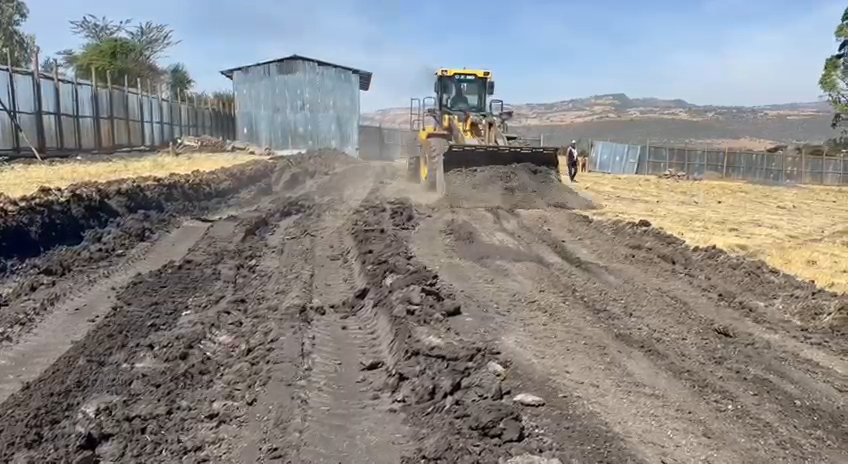Educational development plans in developing countries have stressed the need to develop the economic, social, and political potential of their population through a public education system that has emphasised rural development. A look at the educational system in Ethiopia where more than 80 per cent of the population lives in the rural areas, revealed that the educational system was geared towards urban development and neglected the rural sector. Hence, Ethiopian education was characterised by the concentration of educational resources in urban areas and selected regions and there is a need for more rural school to meet the gap.
The mission of The Workneh Dechasa Educational Foundation (WDEF) is to narrow this gap between schooling in rural and urban areas and to establish primary school in Workneh hometown Guder Town, Oromia. It is main aim to promote educational opportunities in disadvantaged communities in Ethiopia. The foundation also recognises that Ethiopia has one of the lowest primary school enrolment rates and one of the highest illiteracy rates in the world and aims to narrow the gap between schooling in rural a and urban areas in Ethiopia in the area.
There a number of advantages of building rural primary schools surrounding Guder area in Oromia:
- Firstly, it provides an opportunity to build capacity and knowledge in the rural population, helping them to make informed decisions about their farms and to innovate in agricultural affairs.
- Secondly, it also benefits the communities by employing teachers who would otherwise be without jobs and income. What is even more important is by benefiting students, families, teachers, and other stakeholders, those individuals develop the skills and stability to help others, thereby perpetuating an ongoing process of community development.
- Thirdly, it will help to address the shortage of schools for rural children in surrounding areas, where we are planning to build the primary school. What is even more evident is that students the rural areas face difficulties over and above students in urban areas and the journey to school is likely to be longer in the area.
- Fourthly, it will help in improving the lack of enough school places in the area. It can also cut down the current high class size that affects the quality of education in primary sector.
For these reasons, it is one of Workneh Dechasa Educational Foundation (WDEF) priorities to work with the rural schools in Oromia, particularly in Workneh home area as there are demands from the community for primary school for rural children.
